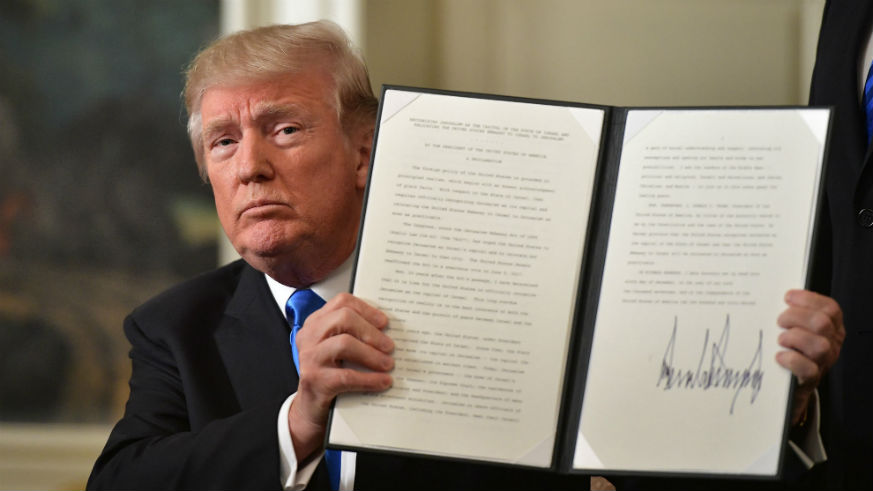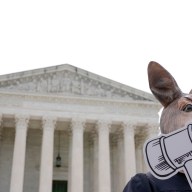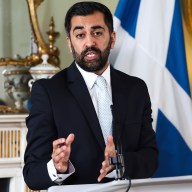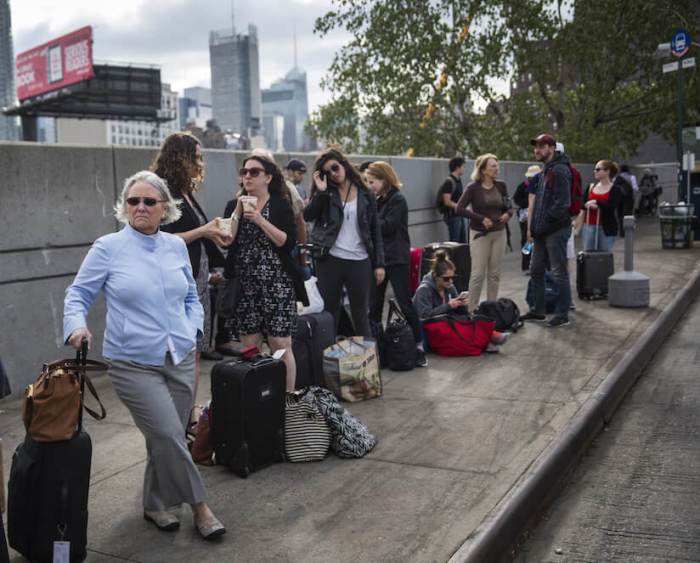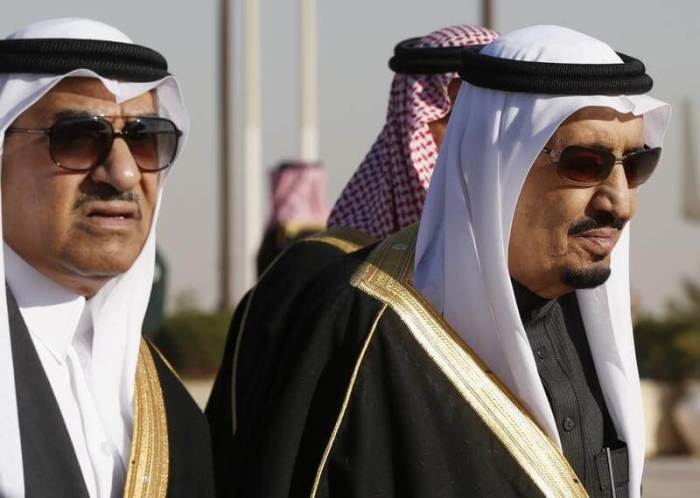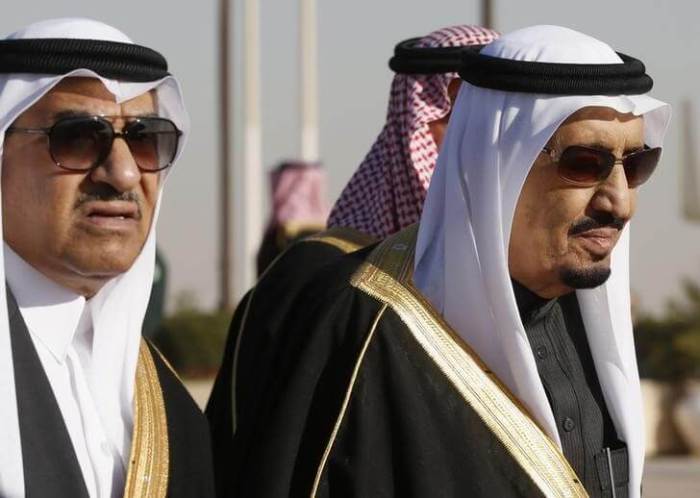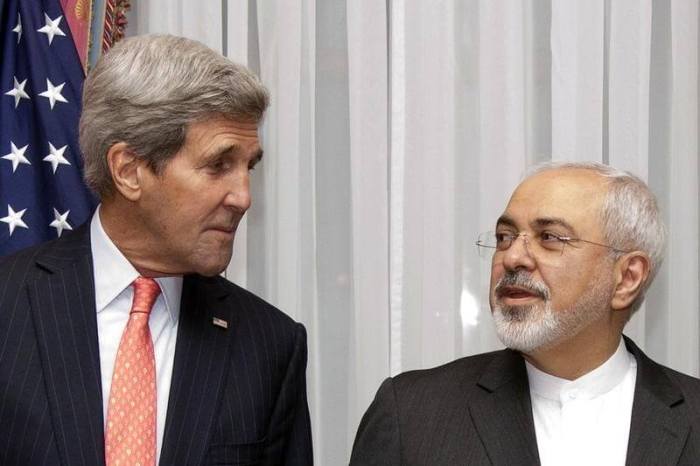President Trump didn’t fully understand the ramifications of declaring Jerusalem to be the capital of Israel, the Washington Post reported Thursday.
Yesterday, the president made the declaration and said the U.S. would begin the process of moving its embassy from Tel Aviv to Jerusalem. The move breaks decades of American diplomatic tradition and threatens any deal for Middle East peace, as Palestinians hoped to name East Jerusalem their own capital. Protests dubbed “the Day of Rage” erupted in Israel following the announcement, while political observers, some close to the president, expressed disbelief.
“It’s insane. We’re all resistant,” one Trump confidant told the Post. “He doesn’t realize what all he could trigger by doing this.” Officials in chief regional allies Saudi Arabia, Jordan and Egypt all called it a step backward in the peace process and said they didn’t have a sense a larger plan was behind it.
Congress passed a resolution in the mid-’90s declaring intent to move the embassy. Ever since, presidents have signed postponements every six months, holding off on naming the capital city to encourage a lasting peace agreement between Israelis and Palestinians. Trump’s decision now threatens to destabilize the region and was vocally opposed by Secretary of State Rex Tillerson and Defense Secretary James Mattis.
Trump was focused on keeping a campaign promise, wanting to seem “pro-Israel” and “making a deal,” the Post reports. He was encouraged by son-in-law Jared Kushner, Vice President Mike Pence and United Nations Representative Nikki Haley.
Trump continued to solicit feedback on the issue from even “random acquaintances” during the past two months, the Post reported. Several advisers told the paper that he didn’t seem to have a full understanding of what was at stake, including its effect on a political shakeup under way in Saudi Arabia. Tillerson, mindful of the attacks on the American Embassy in Benghazi, Libya, in 2012, argued forcefully that the declaration could cause a chain reaction across the region. In a Nov. 27 meeting, Trump said he had to follow his campaign pledge and seemed irritated by advisers’ objections about security and precedent.
“The decision wasn’t driven by the peace process,” one senior official said. “The decision was driven by his campaign promise.”

